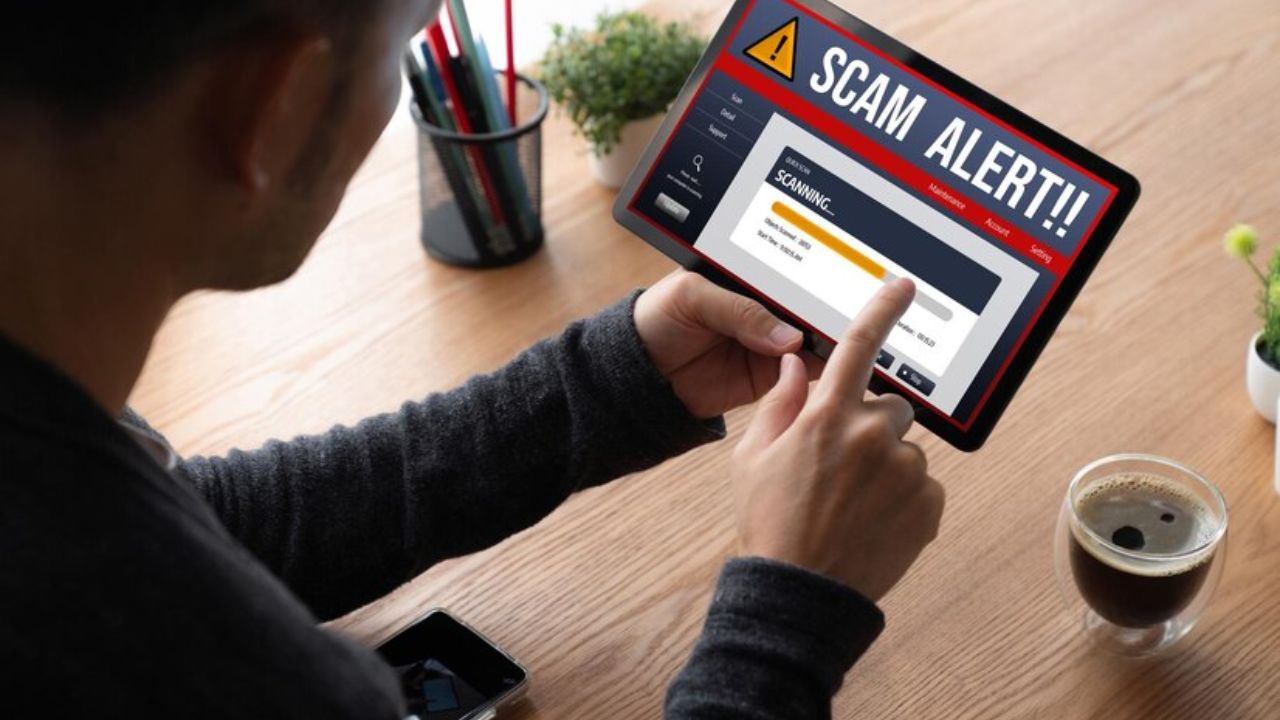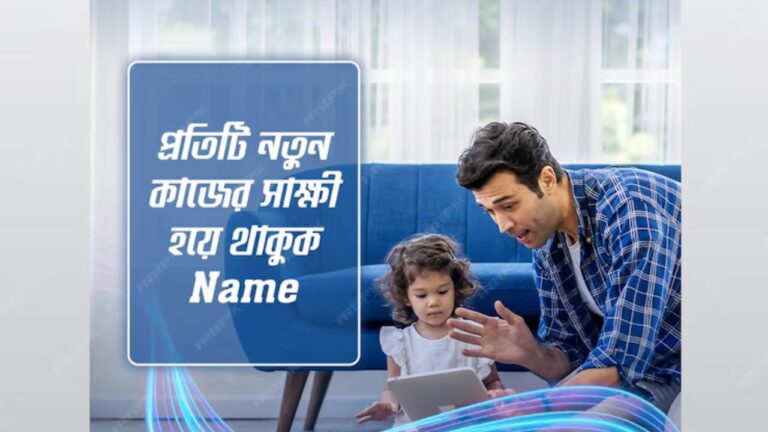Avoid Scams: How to Stay Safe While Using Trwho.com security
Using TRWHO.com can be a great way to buy, sell, or connect with others, but it’s important to stay alert to avoid scams. Common frauds include fake listings, phishing messages, and pressure to pay in advance. Always verify who you’re dealing with, keep communication on the platform, and never share personal or financial information with unverified users. Trust your instincts—if something feels off, it probably is.
Primary Purpose and Objectives
-
Empower TRWHO.com users to spot red flags early
-
Encourage smart, security-first behavior
-
Build trust across the platform by promoting safe practices
Target Audience
-
Buyers looking for goods or services
-
Sellers promoting products
-
Freelancers or professionals offering their expertise
-
New and seasoned users unfamiliar with online scam tactics
Fundamental Principles of Staying Safe
-
Trust your instincts – If something feels off, it usually is.
-
Verify everything – Especially identity, product, and payment method.
-
Never rush – Scammers rely on urgency.
-
Keep transactions traceable – Always prefer in-platform communication and verified payment channels.
Technical Requirements to Stay Safe
Essential Tools
-
Use updated antivirus and browser security features
-
Activate 2FA (Two-Factor Authentication) on your email or TRWHO.com account
-
Employ a spam filter and be wary of off-platform messages
Integration Needs
-
TRWHO.com should ideally support:
-
Verified seller badges
-
User ratings/reviews
-
Report buttons for listings or profiles
-
Customer support channels
-
Development Roadmap of Scam Awareness
🧱 Designing Safe Interactions
-
Only meet in public, well-lit locations
-
For high-value transactions, consider CCTV-monitored meetup spots
-
Never share sensitive info (ID numbers, card details) online
System Tips
-
Screenshot conversations
-
Log all transaction details
-
Double-check profile creation dates and review histories
Operational Framework for User Safety
Management Structures
-
TRWHO.com should:
-
Actively moderate reports
-
Remove known scam profiles promptly
-
Educate users regularly through blogs or pop-ups
-
User-Driven Maintenance
-
Report suspicious behavior instantly
-
Share your story on community forums
-
Educate others when you’ve spotted a scam trend
Practical Considerations
Common Scams to Watch For
-
Too good to be true prices
-
Requests for prepayments or deposits
-
Users who insist on communicating via WhatsApp or Telegram
-
Fake delivery or verification services claiming to “guarantee” safety
Measuring Safety Success
-
Decrease in scam reports
-
Increase in reported scam attempts (awareness = vigilance)
-
Community sharing success stories of dodging fraud
Market Context
Similar Platforms and Benchmarks
-
Craigslist, Gumtree, OLX, and Facebook Marketplace all struggle with scam prevention
-
Best practices include:
-
User verification systems
-
AI moderation of listings
-
Ongoing scam awareness content
-
Best Practices Recap
-
Meet in person when possible
-
Avoid sending money in advance
-
Use the platform’s messaging system
-
Double-check listings that seem suspicious
-
Report and block any abusive or manipulative users
Conclusion
TRWHO.com is a great tool — but like any public platform, it can attract bad actors. Staying safe isn’t about paranoia it’s about empowered awareness. Use common sense, follow these tips, and spread the word. Because when the whole community is smarter, everyone wins.
FAQs
How can I tell if a listing is fake on TRWHO.com?
Look for signs like extremely low prices, vague descriptions, or pressure to act fast. When in doubt, avoid.
Should I pay in advance for a product or service?
No. Always meet in person or use secure payment methods if available. Avoid sending money to strangers.
What should I do if someone asks to chat outside TRWHO.com (like on WhatsApp)?
Be cautious—this is a common scam tactic. Stick to the platform’s messaging system.
How can I report a suspicious user or listing?
Use TRWHO.com’s “Report” button on the listing or user profile to alert the moderation team.
Is it safe to share my ID or bank info with a buyer or seller?
Never. Legitimate users won’t ask for sensitive personal information.







